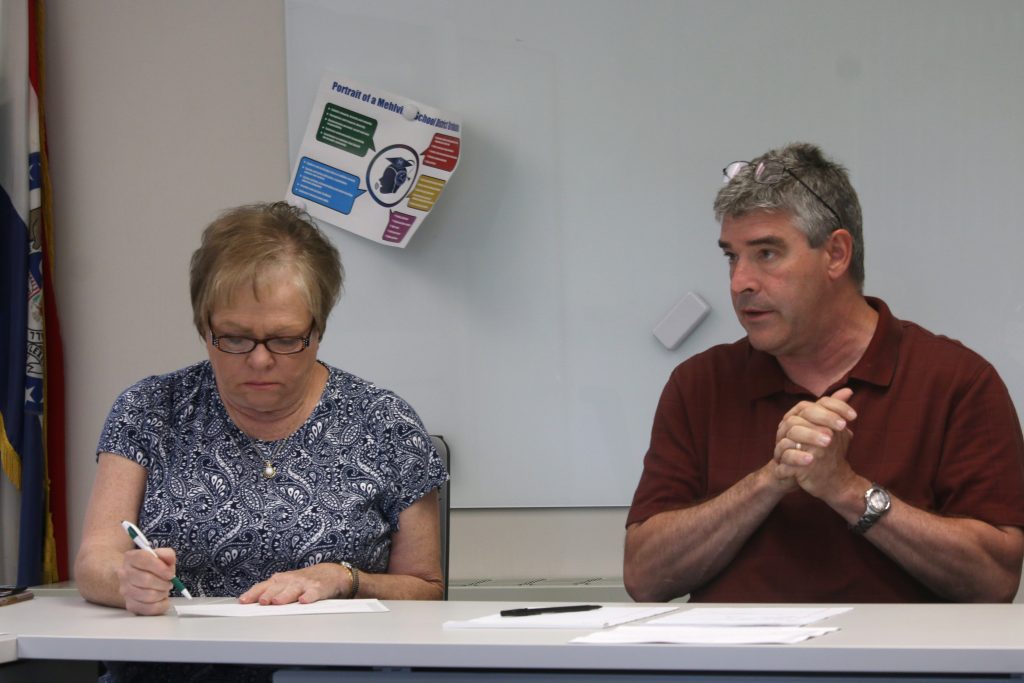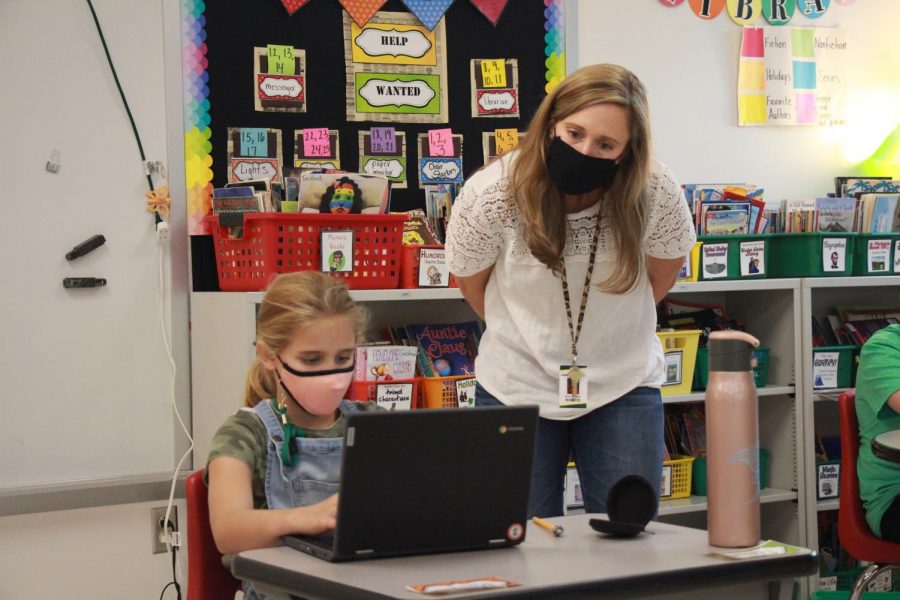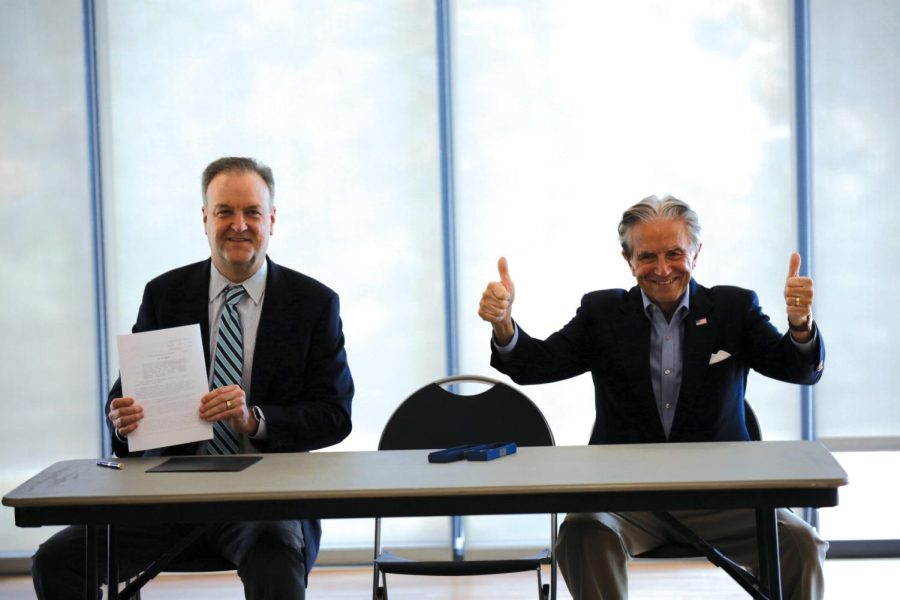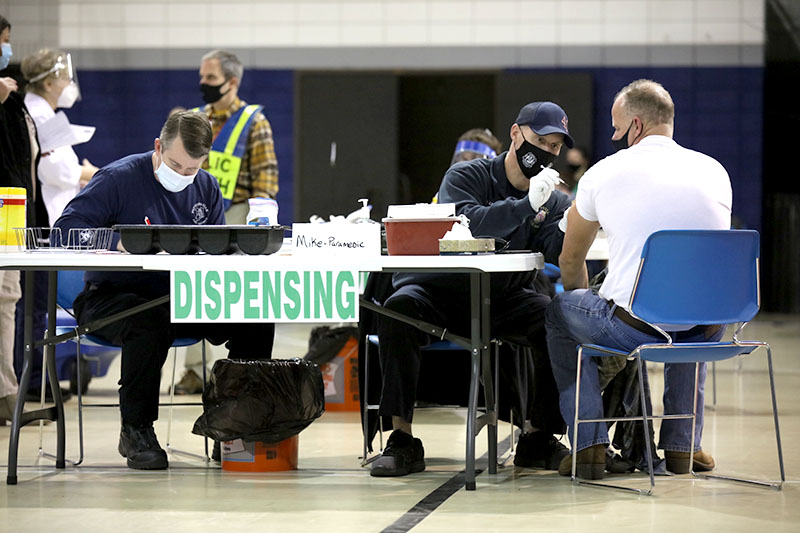With an uncertain financial outlook because of the ongoing COVID-19 pandemic, the Mehlville Board of Education unanimously passed a $124.8 million budget with a $4.5 million operating deficit for the 2020-2021 school year.
The budget projects total expenditures of $124.8 million with anticipated revenues of $118.8 million and a projected operating deficit of $4.5 million. Budget development updates have been presented to the board since the beginning of this year, up until board approval.
“It’s been quite a ride this spring, and really throughout the whole process,” said Chief Financial Officer Marshall Crutcher during the June 25 virtual meeting.
Key takeaways include a $4.5 million operating loss and 28.9-percent reserves.
Crutcher said the district is using its “best-educated guesses” on the state foundation formula and sales tax, which are two of the district’s larger revenue streams.
“So the $4.5 million operating loss is a number, but it could be a lot better than that, it could be a lot worse than that,” said Crutcher. “There’s a large plus/minus variability to this that we don’t normally have because of the lack of guidance (from the state) and uncertainty that we have right now with our economy.”
Revenue decreases by $4.6 million compared to the previous year due to a $1.9 million projected loss in local taxes, $1 million in sales tax and $2.4 million in state formula funding. Part of the loss in revenue is offset by a $700,000 gain from federal coronavirus funds.
“The losses were pretty sudden and without warning when you look at where we were at in early March,” said Crutcher, referring to his preliminary projections for an operating deficit of $800,000 before the COVID-19 shutdown. “I think that’s very important to understand and never lose sight of how did we end up with a $4.5 million operating loss for this year.”
The district is not alone in being financially set back by the pandemic, Superintendent Chris Gaines said.
“Across Missouri, education in Missouri will suffer roughly a $300 million loss within about a 90-day period. That’s just unprecedented. It’s everybody, quickly and hard,” Gaines said.
Capital expenses decreased by $2.3 million since $1.3 million worth of summer projects originally slated for this year were moved to 2019-2020. That shifts capital expenses for last year’s budget to $5.9 million, while the 2020-2021 expense is $2.6 million. Two-year totals are the same.
The budget also includes raises for district employees of $2.2 million, or a 3.2- percent average. Salaries and benefits are about 74 percent of total expenses.
Three certificates of participation will also be paid off this year, leaving one.
Crutcher told the board that forecasting the 2020-2021 year is of no value because of the chance for significant fluctuations due to the ongoing pandemic. While the $4.5 million deficit is a one-off occurrence, as recently as early June the district was projecting a deficit of over $6 million.
The budget assumes a full 174-day school year. Fewer days in school buildings will result in budget adjustments.





















